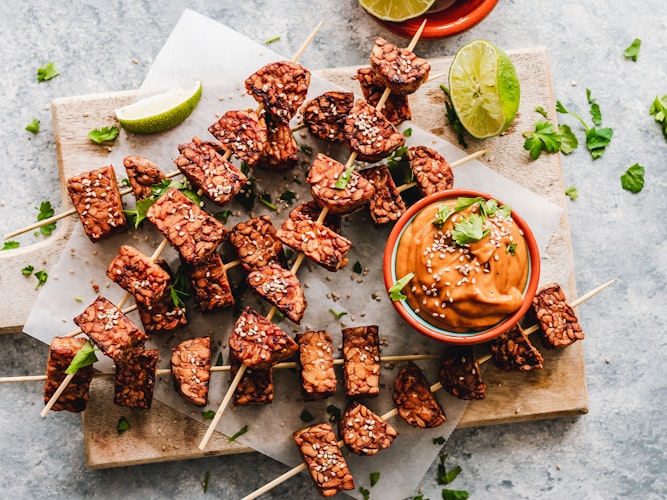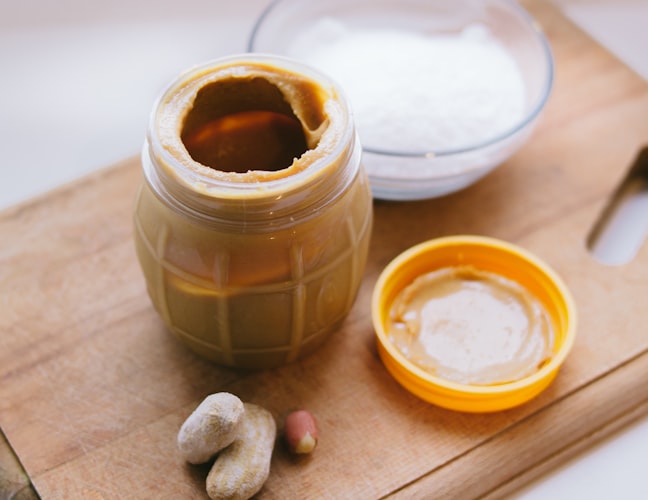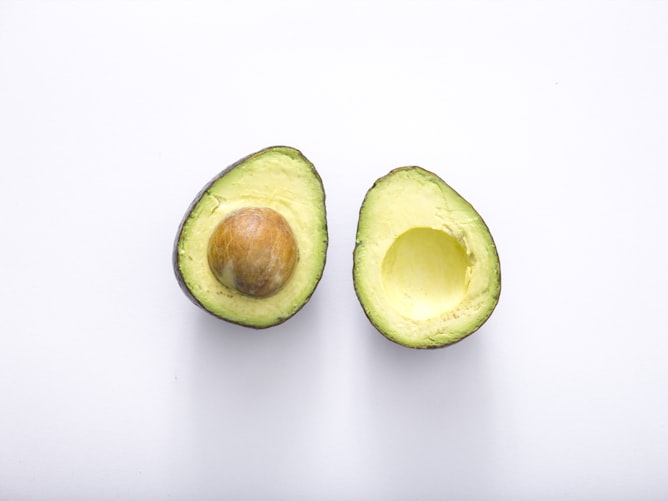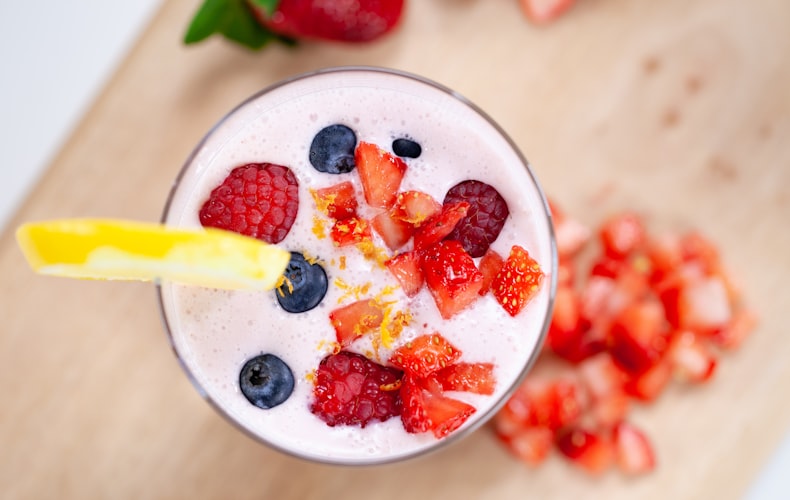
When it comes to muscles, you need protein to repair, build and maintain them. In order for muscles to function properly, you need a good amount of protein to allow muscles to grow and work effectively. If you are an athlete, it is even more important that you get a good amount of protein from your diet to allow your body to work at maximum capacity. However, if you are on a plant-based diet, you have to ensure that you are consuming the right types of food in the right amounts to allow your body to absorb the protein it needs for muscle maintenance.
You have to be extra careful if you are a vegan athlete and should inform yourself well to ensure that you are aware of the various plant-based protein sources to ensure that your diet includes as many of these protein sources as possible. It isn’t difficult to attain the necessary protein from a plant-based diet, however, it does require an extra degree of planning and awareness.
Sourcing Plant-Based Protein as a Vegan Athlete
Vegan athletes need more protein than those vegans who partake in moderate exercise or live an inactive lifestyle. During the early stages of training, when you are working to build muscle and excel, you would need a greater amount of protein. It is estimated that vegan athletes require anything between 0.36 to 0.86 grams of protein per pound of body weight. This means a 180-pound athlete will require anything between 64.8 grams to 154.8 grams of protein.
With this in mind, let’s look at the various protein sources through which it becomes viable to acquire the necessary protein for athletes on a vegan diet. We will mention, how much protein each source contains, so you have a better idea of how to go about planning your meals.
1. Tofu
Tofu is a soybean-based protein source that becomes an exceptionally important component of a vegan diet for an athlete. This is because tofu provides the body with a good amount of protein per cup (240 grams).
Each cup (240 grams) of tofu contains about 20 grams of protein. This is one of the highest protein concentrated plant-based foods that are available.
There are various types of tofu that you can find in the market. Soft tofu, firm tofu or even extra firm tofu. Tofu is lightly sweet and has a nutty flavour. It is a very versatile ingredient and there are various ways in which you can prepare it. You can bake it, grill it, stir-fry it or even enjoy it sauteed.
Considering how much protein tofu delivers, it should be a staple inclusion in a vegan athletes diet.
2. Legumes
Legumes like chickpeas and lentils are a good source of protein. It is yet another staple dish that can be included in the diet of a vegan athlete. They also contain a good amount of carbohydrates and fibre, which are both important aspects of performance.
The concentration of protein in legumes vary. A 100 gram serving of lentils will provide the body with 9 grams of protein. While a 100 gram serving of chickpeas will provide the body with 19 grams of protein. Hence, when you consider legumes, though all legumes are a good source of carbohydrates and protein, some legumes simply contain more protein than others.
Soybeans, lentils, white beans, cranberry beans, split peas, pinto beans, kidney beans, black beans, navy beans, chickpeas and limas are all legumes that provide the body with a good amount of protein.
Hence for any athlete that is looking for a good mix of healthy carbohydrates and protein, legumes are a must. At the end of the day, you can’t simply consume the same thing each and every day for each and every meal. You would need variety and legumes provide just that.
3. Tempeh
Tempeh is yet another protein source derived from soybeans. It is made from fermented and cooked soybeans and is an excellent source of plant-based protein and plant-based probiotics.
Tempeh has a nutty flavour and usually holds the shape when it is cooked. It can be cooked in a variety of ways. You can marinate it or even use it in a stir-fry. You can make sandwiches with tempeh or even cut them up into slabs and grill them like steaks.
Tempeh is a valuable source of protein and is an excellent source of nutrients for vegan athletes. A 1/2 cup (120 grams) of tempeh contains about 15 grams of protein.
4. Quinoa
Quinoa may not be as rich in protein as some of the other items on this list. However, it is a valuable source of protein for the sole reason that it provides the body with all nine essential amino acids that your body needs.
It is difficult to find plant-based protein sources that provide the body with all nine essential amino acids. Hence, quinoa should be noted and included in the diet to ensure a balanced protein intake.
Quinoa has a nutty taste and is a mix of yellow, black and red coloured seeds which are cooked like rice. It works excellently well as a side dish and you can even make plant-based burgers with them.
A 1/2 cup (120 grams) of quinoa contains about 6 grams of protein. Once again, this isn’t the highest source of protein, however, is a valuable source of protein since it delivers your body with all nine essential amino acids.
5. Nut Butters
Nut butters are an excellent addition to your meals to jazz it up. It can be enjoyed in a sandwich or simply added to a smoothie for great taste. It should be noted that though nut butters are a good source of protein, they are high in fats and calories.
Obviously for high performing athletes, these plant-based fats and calories should not be a problem. These fats should be easily digested and metabolised by the body and used up to fuel perfomance and activity.
Amongst all the nut butters, peanut butter has the highest amount of protein and is considered the most affordable. Each serving of peanut butter has about 8 grams of protein. That is 8 grams of protein per 2 tablespoons of peanut butter.
Nut butters are a great way to enjoy a change in the diet. It is usually sweet and nutty, which means you are more likely to enjoy it as a component of your meal plan.
Some nut butters do have sugar added in as an ingredient. Hence you would want to be aware of this. After all, athletes have to take into account sugar intake to ensure high performance.
6. Nuts
Much like nut butters, nuts are a reliable source of protein for vegan athletes. They act as the perfect snack and provide the body with a healthy dose of fats, proteins and nutrients to fuel the body for optimum performance.
Nuts are nutritionally dense and are all a great source of vegan protein. Almonds, peanuts, cashews, Brazil nuts, pecans and walnuts all have a good amount of protein in them.
A 100 gram bowl of mixed nuts contains about 20 grams of protein. This is a rich source of protein, which is even higher than the amount of proteins that you get through legumes.
Nuts can be the perfect snack between meals and can be a valuable source of protein for vegan athletes. Almonds, walnuts and peanuts are particularly high in protein and should be included in the diet of a vegan athlete.
7. Hemp Seeds
Hemp seeds have a nutty and earthy taste and can work as a great ingredient in many dishes. You can add hemp seeds on top of porridge, or even enjoy it mixed in with your plant-based yoghurt. It also works really well in a smoothie or salad.
Hemp seeds are extremely nutritious and help reduce the risk of heart disease. The oils and protein it contains are great for athletes who are looking to excel. It is easily digested which makes it ideal to include in a pre-training meal and brings with it a host of health benefits.
A small serving of 2 tablespoons of hemp seeds contains about 7 grams of protein. Remember, this is a small serving and when you amplify the serving portion, the amount of protein that you intake is also amplified.
8. Certain Vegetables
Certain vegetables provide the body with a good amount of protein. Though the amount of protein isn’t as high as in tofu, for instance, it still becomes a valuable source of protein. Vegetables also give you the option to diversify what you eat. At the end of the day, you don’t want to be eating the same thing over and over again.
Vegetables like Brussels sprouts and broccoli are both good sources of protein and brings with it a great amount of fibre which betters digestion. The more smooth of a digestive tract you have, the less likely your performance will be affected by digestive complications.
Both Brussels sprouts and broccoli contains about 3 grams of protein in an 80 gram cooked serving of the vegetable. Though this may not sound like a lot of protein, vegetables are densely packed with various vitamins and minerals, which are all important for your performance.
Spinach is another superfood that is a good source of protein. It provides the body with 4 grams of protein for a 100 gram serving. With spinach, the cooked form contains more protein than eating it raw. Hence, don’t simply add it to a salad, cook it to reap the extra benefit of added protein.
9. Avocado
Certain fruits all contain trace amounts of protein. Avocado is a creamy and yummy fruit that can be included in salads, added to smoothies or even enjoyed on toast.
Avocado contains a bit of protein, about 2 grams of protein in a 1/2 avocado. Though this doesn’t amount to a whole lot of protein, fruits are a great way to balance your diet and get a good dose of vitamins and fibre that your body needs.
Obvious to state, fruits are a major part of a plant-based diet. When it comes to fruit, avocados are the most reliable source of protein that was worth mentioning on this list.
10. Soy Milk
When it comes to plant-based milk, you have to be careful of the type of milk that you are choosing. Some plant-based milks contain no protein, such as coconut milk and rice milk, while some plant-based milks like almond milk contain trace amounts of protein.
Soy milk takes the crown amidst plant-based milk for the valuable plant-based protein source it is. An 8 ounce serving of soy milk provides the body with about 7 grams of protein.
At the end of the day, every athlete would need a liquid protein source. Usually, milk is the considered option and vegans do have the option of plant-based milk. When it comes to athletes and performance, you want to choose the best plant-based milk that will provide your body with the greatest boost. Soy milk does just that.
Benefits of a Plant-Based Diet For Athletes
A plant-based diet is considered one of the healthiest diets out there. It brings with it a host of health benefits so long as you can ensure that you getting the balanced set of nutrients that your body needs.
A balanced plant-based diet is great for athletes. It is great for cardiovascular health, which means it will keep your heart working in better shape. A plant-based diet keeps the heart strong by reversing plaque, bringing down blood pressure and cholesterol. It also helps you reduce any unnecessary and unhealthy weight.
It doesn’t cause excessive inflammation as with a meat-based diet and can prevent pain which usually impairs the athletic performance of athletes.
It is suggested that a vegan diet can enhance athletic performance due to the various cardiovascular benefits that we listed. Your body will be fine-tuned to better performance and you have a better chance of burning fat and building muscle, so long as you ensure to consume sufficient plant-based protein.
It can be difficult for vegan athletes to source plant-based proteins, which is why we have provided you with some good insight into the best sources of plant-based proteins. If you would like a broader list, we recommend that you have a look at this article which includes 30 protein sources for vegans. Click here.
Should Vegan Athletes Use Vegan Protein Shakes?
Vegan protein powder is popular amongst vegan athletes and is a great way to source protein on a vegan diet. It allows you to measure and precisely control the amount of protein that you are consuming to ensure that you provide your body with the protein needs it requires.
Plant-based protein powder consumed in moderation should be fine and would work to excel the performance of vegan athletes. Everything in the vegan protein powder comes from the ground. That being the case, vegan protein powders do contains some heavy metals which is why moderation is important.
Plant-based protein powder can be a great way to load up on the daily protein intake. 1 scoop of vegan protein powder contains about 17 grams of protein. For athletes who don’t have enough time to always prepare meals, adding a scoop to a smoothie can be a great way to source the necessary protein.
If you are having trouble meeting your protein requirements from food sources alone, a vegan protein powder is highly recommended. However, you have to be careful since many protein powders in the market contain animal products. Be sure to go with a reliable and trusted source.
To Conclude
Protein is an important part of athletic performance. Vegan athletes have more to gain from attaining their protein from plant-based sources. With the various health benefits it brings to athletes, it isn’t difficult to see why a plant-based diet could help boost performance.
Though sourcing sufficient protein from a plant-based diet may sound daunting, if you have the right information at hand, it is something that can be easily be done. What is important is you make yourself aware of the various plant-based protein sources and plan your meals accordingly.
We have provided you with the 10 best sources of plant-based protein for athletes which would help you plan out your meals and diversify them. What more, we even provided you with a link to 30 plant-based protein sources which would provide a great expansion on this study to inform your further of what you can include in your diet to source protein.
Remember, if you are having trouble sourcing plant-based protein from food sources, you can always consider opting for a vegan protein powder.
We hope you found this article useful and that reading this word to word has helped you better understand how to source protein for vegan athletes.
The goal is to inform yourself and apply the various sources into a diverse and well-balanced diet.
Happy Training!















